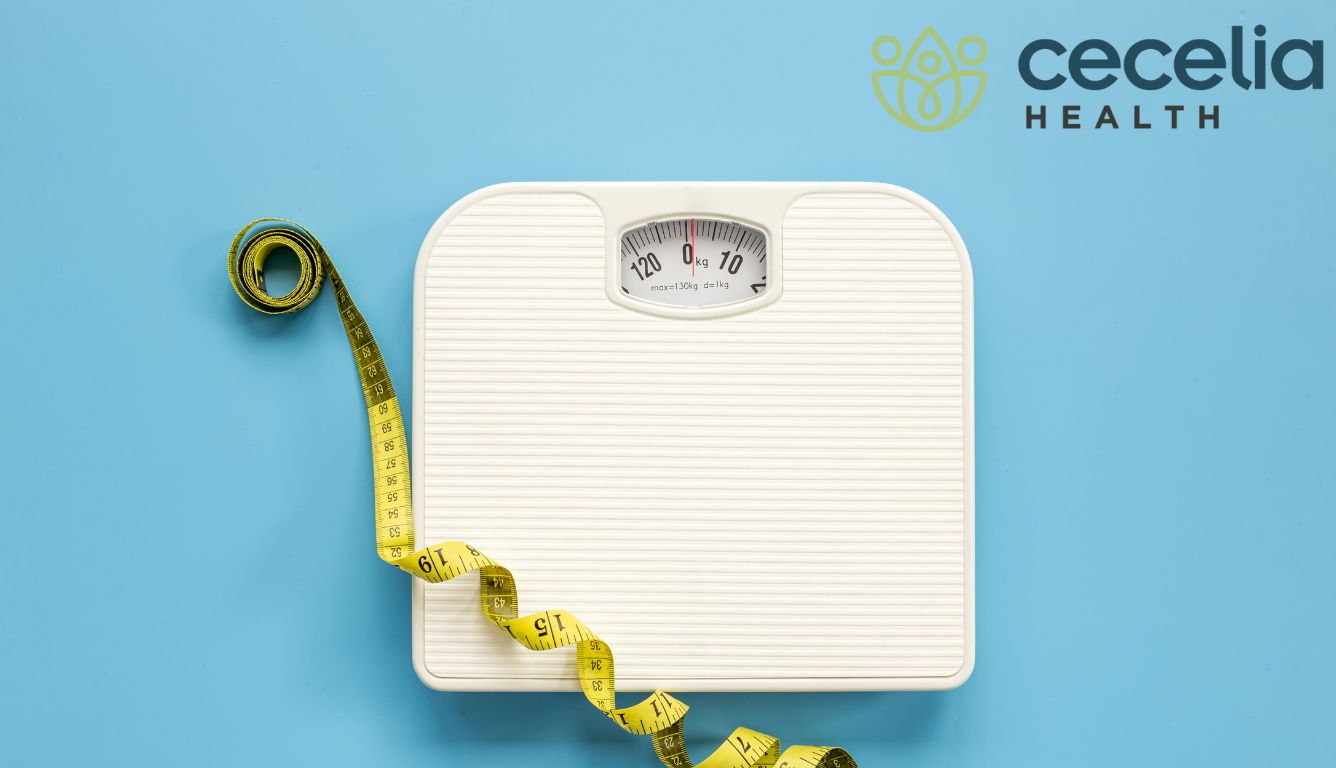If you have chronic kidney disease (CKD) and are also overweight, you can lower your risk of complications and improve overall health by losing weight. As little as a 10% weight loss has been shown to have a significant impact on health such as reducing the risk for diabetes, decreasing insulin resistance, better sleep, lowering blood pressure, increasing heart health, improving mobility, and lowering the risk for cancer. Losing weight can seem challenging, but it doesn’t have to be complicated. Let’s talk about a few simple life changes that can promote long-term, healthy weight loss.
1. Track your progress
Keeping track of your progress is key to achieving weight loss goals. Whether it’s through a journal, app, or website, monitoring your food intake and weight regularly can greatly increase your chances of staying committed to your weight loss journey. By tracking your progress and physical changes, you are more likely to stay motivated and dedicated to your weight loss plan.
2. Eat nutrient dense foods
Replacing processed foods with real foods can improve weight management and help prevent chronic diseases such as CKD and heart disease. A simple way to plan each meal is to make sure that each meal consists of 50% fruits and vegetables, 25% whole grains and 25% proteins. As CKD progresses, our dietary needs and restrictions may change, so it is important to talk with your doctor or dietitian regularly regarding your CKD and nutrition needs.
3. Exercise The CDC recommends at least at least 150 minutes per week of moderate-intensity aerobic activity and at least two days per week of muscle strength training. Moderate intensity aerobic activity includes things such as swimming, biking, jogging, brisk walking, or racket sports. Muscle strength training can include weight training exercises or body weight exercises like push ups and squats.
4. Eliminate liquid calories
It is possible to consume hundreds of calories a day by drinking sugar-sweetened soda, tea, juice, or alcohol. These are often called “empty calories” because they provide extra energy content without offering any nutritional benefits. It is even possible to sometimes mistake thirst for hunger. Sometimes just having a drink of water between meals can help to satisfy feelings of hunger or the urge to snack, without adding excess calories or sugar.
5. Use smaller plates
Switching to a smaller plate size may help promote portion control which can aid in weight loss. Using a smaller plate can also reduce the risk of overeating and keep calorie consumption in check.
6. Set a regular sleep schedule
Sleep deprivation can increase our appetite and can lead to increased carbohydrate cravings. It can also reduce energy during workouts and general physical activity. One study showed that getting at
least seven hours of sleep each night can reduce weight loss by 33%. Set a regular sleep schedule and reduce distractions to improve sleep quality and weight loss success.
Hundreds of fad diets, weight-loss programs and outright scams promise quick and easy weight loss. However, the foundation of successful weight loss remains a healthy, calorie-controlled diet combined with increased physical activity. For successful, long-term weight loss, you must make permanent changes in your lifestyle and health habits.
